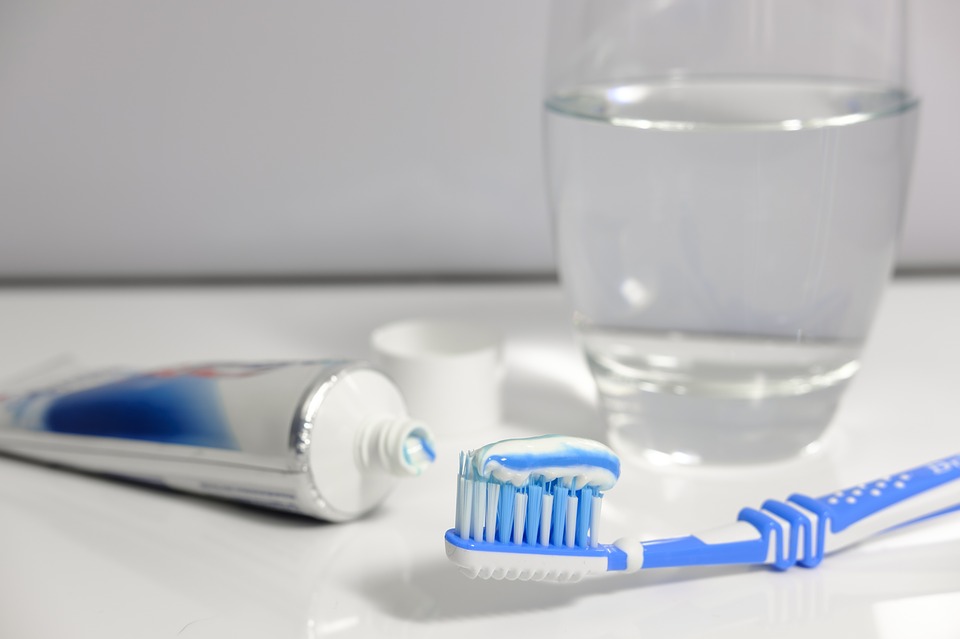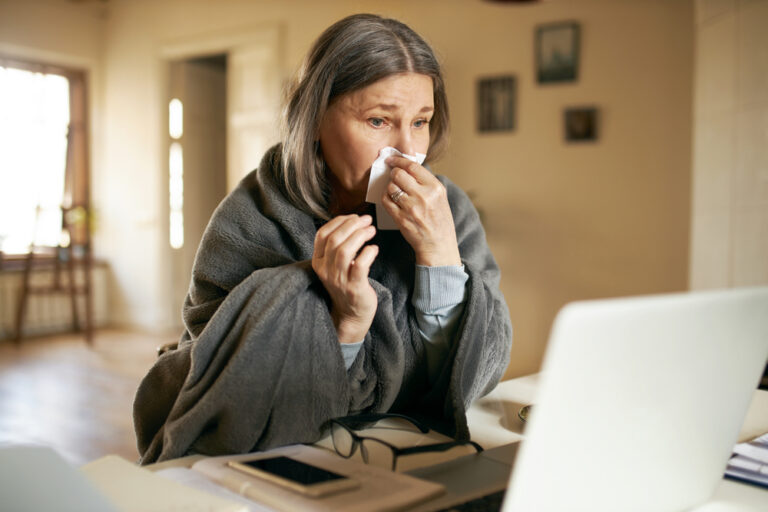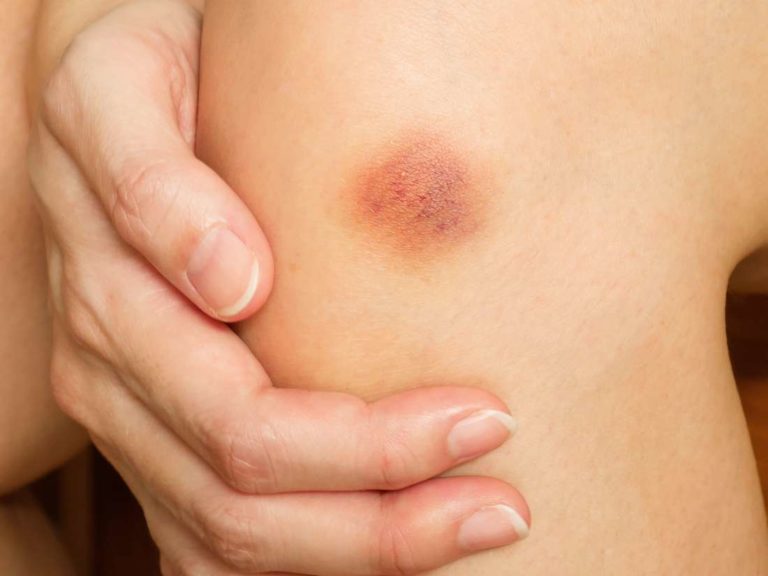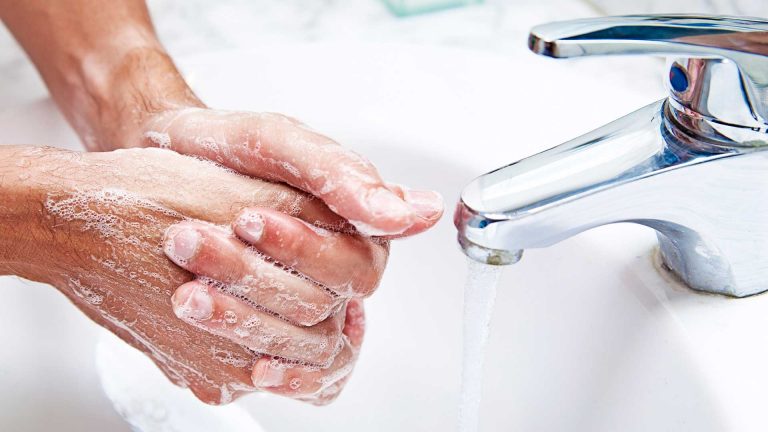
Eating fast food, failing to exercise, smoking a pack of cigarettes per day, avoiding the doctor… Everyone knows that certain habits, practices, and lifestyle choices are seriously bad for your health. However, there are many health mistakes you’re probably making without even realizing it. The good news is, all of them have an easy fix.
You’re Applying Heat to an Injury
“It might be your first instinct to apply heat to painful areas, but it could actually aggravate your injury,” explains Dr. Thanu Jey, Clinic Director at Yorkville Sports Medicine Clinic. “Applying heat to painful areas can actually make things worse,” he explains. “If you’ve suffered a recent injury, inflammation to the damaged tissue is likely to follow. Although heat feels good and loosens up stiff tissues, it actually promotes an increase in inflammation, which can lead to more stiffness, pain, and mobility loss.”
Easy fix: Instead of heat, Dr. Jey recommends icing injuries immediately and to stop using that area to prevent further damage.
You Assume That “Organic” Or “All Natural” Means It’s Good For You
According to the USDA, certified organic foods are “grown and processed according to federal guidelines addressing, among many factors, soil quality, animal raising practices, pest and weed control, and use of additives.” But it doesn’t mean they’re healthy. For example, processed foods like macaroni and cheese — or even candy — might be “organic,” but most nutritionists would never recommend them.
This can apply to supplements and vitamins too, says Monique May, MD, MHA, Physician in the Kitchen at MDM. “There can be harmful impurities present. They’re not regulated by the FDA, since they are not medications. Taken in excess, they can actually be harmful. There can also be interactions with prescription medications you may be taking.”
Easy fix: Do your nutritional research when it comes to food. As for vitamins and supplements, always check with your doctor before taking anything.
You’re Not Wearing Sunscreen Year Round
Everyone knows to slather on the sunscreen in summer. But it’s not an obvious self-care ritual during the rest of the year. “Sunscreen for your face is a year-round must,” says Kathleen Cook Suozzi, MD, a dermatologic surgeon and director of aesthetic dermatology for Yale Medicine. “Patients underestimate how much chronic daily exposure to ultraviolet radiation accumulates and leads to skin aging and risk of skin cancer.”
Easy fix: “Even in the winter, sunscreen should be applied to your face,” says Suozzi. “Don’t forget about reflection off snow!”
You’re Breathing Through Your Mouth
Mouth breathing — common for people with allergies — isn’t as innocent as you would think. “Mouth breathing is conducive to disease,” says Maggie Berghoff, MSN, FNP-C, a functional nurse practitioner.
Easy fix: Breathe through your nose. If you notice you’re mouth breathing because of allergies, talk to your health care practitioner about possible remedies. “Breathing through your nose will help to eliminate symptoms, increase essential nutrients in the body and even keep your gut lining healthier,” says Berghoff.
You’re Not Brushing Or Flossing Your Teeth Enough
Many people make brushing and flossing a daily ritual. But according to dentist Jeffrey Sulitzer, DMD, chief clinical officer for SmileDirectClub, they aren’t doing it enough. “Skimping on — or skipping — brushing your teeth and flossing two to three times a day can have a long-term negative impact on health,” he says.
“While most people know that brushing and flossing can keep your teeth clean, they don’t know that brushing at least three times a day and flossing once a day can reduce chronic inflammation of the gums and supporting tooth structures.” He points to 15 years of studies that show reducing the chronic inflammation of gum disease with good oral hygiene can positively affect diabetes, heart conditions and overall health.
Easy fix: Sulitzer recommends a regular brushing and flossing routine, as well as twice-yearly trips to the dentist. “It can do so much for your overall health and well-being,” he says.
You’re Cleaning Wounds With Hydrogen Peroxide
You get a cut. What’s the first thing that most people do? Clean it with hydrogen peroxide or rubbing alcohol. That’s a no-no, says Rachel Shively, MD, a board certified emergency medicine physician at Mount Sinai Hospital. “Using hydrogen peroxide or rubbing alcohol to clean cuts and scrapes can be irritating to skin, delay healing and harm the tissue,” she explains.
Easy fix: Clean a wound by running it under water for three to five minutes. “The running water is most important for clearing out debris and bacteria,” says Shively. Pat it dry, then apply an antibiotic ointment like bacitracin.
You’re Not Following the Hydration Equation
Many health experts recommend drinking eight glasses of fluids eight times a day, also referred to as the 8 x 8 rule. However, several external factors — including exercise, climate, and intake of sodium and other dehydrating foods and beverages — can leave your body needing more hydration. And some people mistakenly believe all fluids count. “Not drinking enough water — and thinking coffee counts toward your fluid intake — is one of the biggest unintentional health mistakes,” says Michelle Reed, DO. Coffee is a diuretic, she points out.
Easy fix: When determining how much water you should drink daily, consider everything you’re eating and drinking, the climate you’re in, and how much you’re exercising.

























